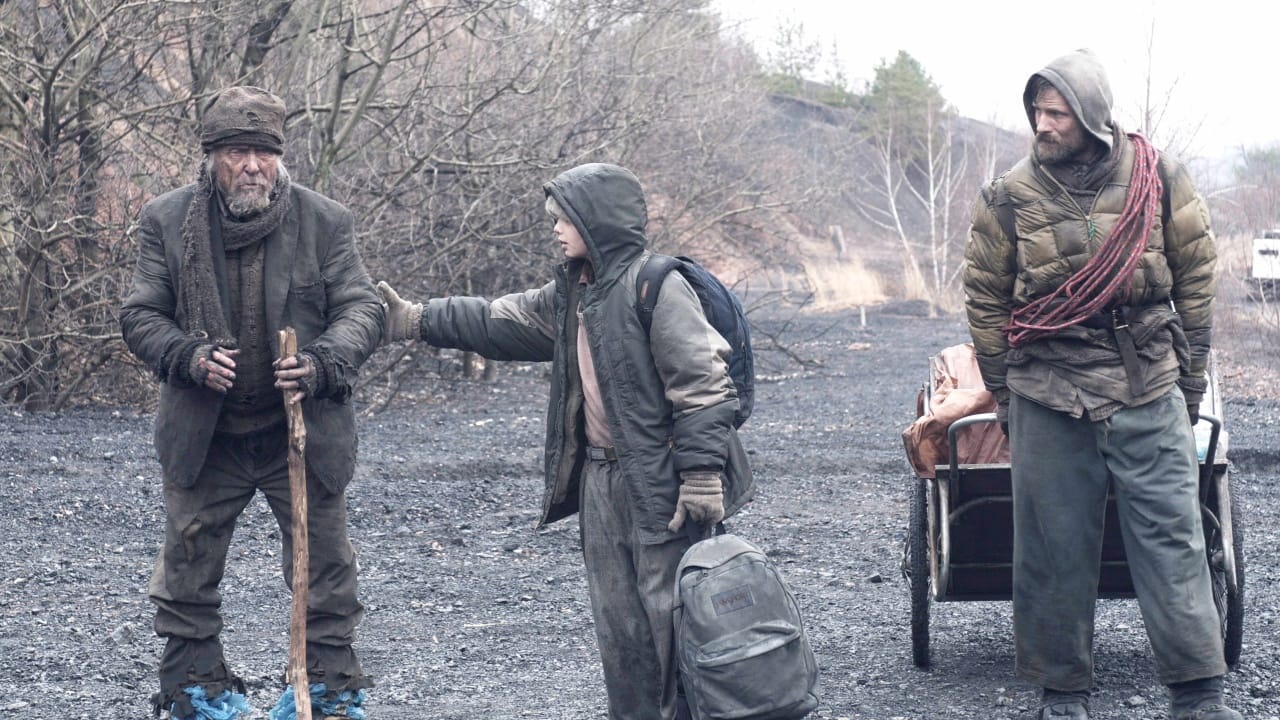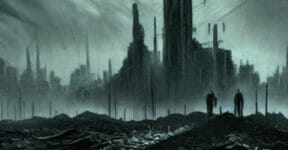Apocalyptic and post-apocalyptic movies have captivated audiences for decades. The harrowing premise of civilizational collapse allows filmmakers to explore human nature in extreme scenarios. Here we highlight some of the greatest and most impactful apocalyptic movies ever made.
Mad Max: Fury Road
George Miller’s nonstop adrenaline ride revolutionized the action genre. In a desert wasteland, Imperator Furiosa (Charlize Theron) rebels against a tyrannical warlord to free enslaved wives. Max (Tom Hardy) gets caught up in their escape chase through stunning practical effects and choreography. Breathless stunts combined with themes of female empowerment cemented this as an instant classic.
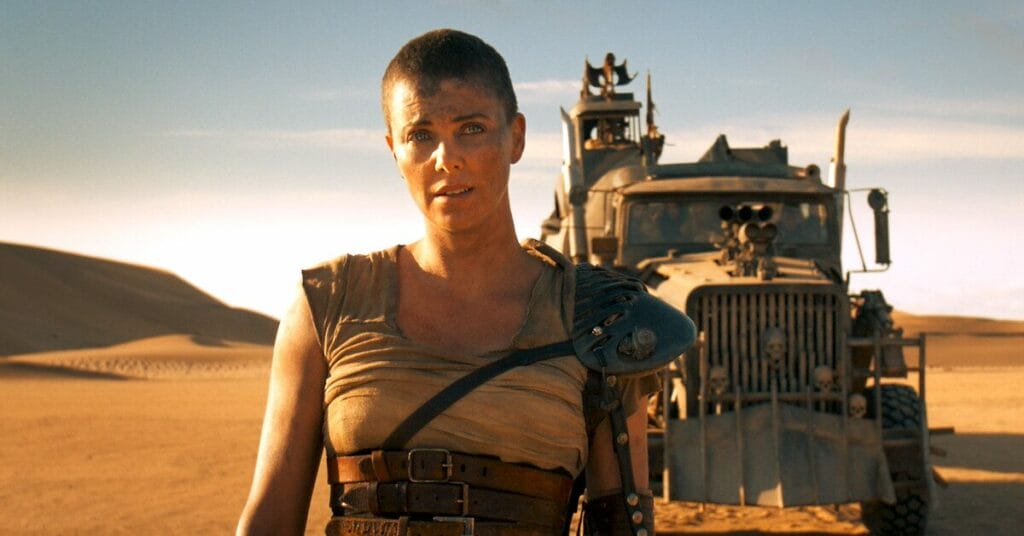
28 Days Later
Danny Boyle’s gritty vision of a viral outbreak introduced the terrifying “fast zombie.” When a man (Cillian Murphy) wakes from a coma to an abandoned London overrun with frenzied infected, he bands together with other survivors. Their frightening journey depicts how quickly civilization can collapse into primal violence. The eerie atmosphere and haunting soundtrack linger long after the credits roll.
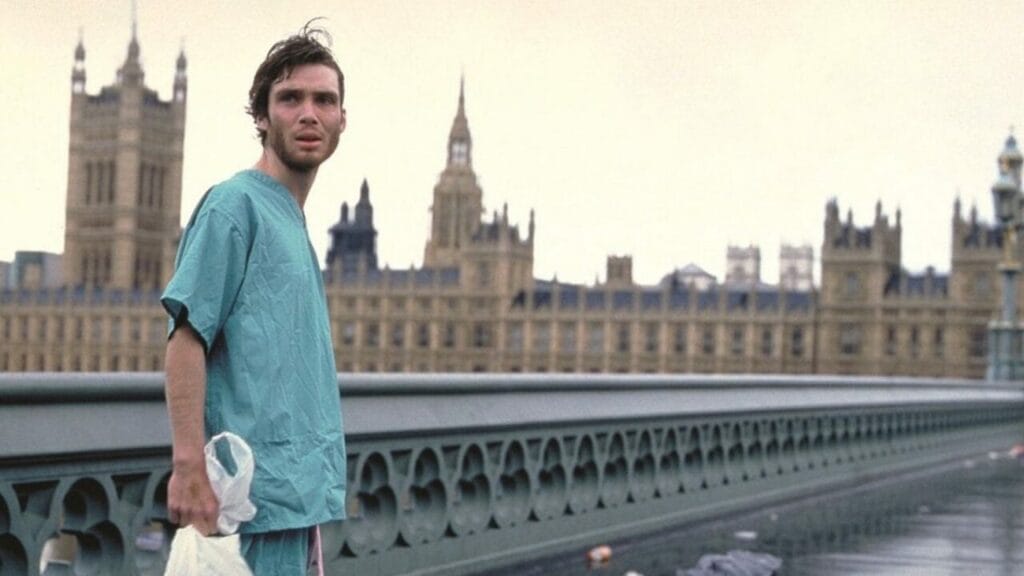
The Road
Based on Cormac McCarthy’s bleak novel, this post-apocalyptic father-son road trip conveys the human struggle for meaning amidst unimaginable hardship. Viggo Mortensen gives a powerful performance as a father guiding his son across a wasted American landscape after an extinction event. Their bond provides light in the darkest circumstances.
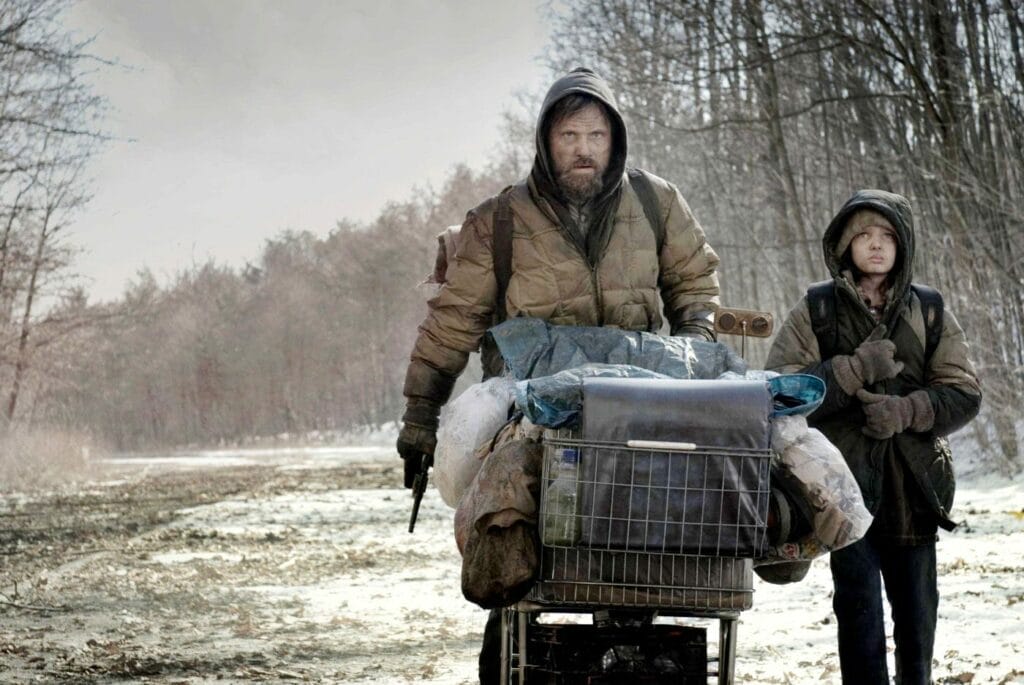
Planet of the Apes
The 1968 original launched one of sci-fi’s great series by flipping the script on humanity’s dominance. After astronauts crash land on a strange planet, they discover an ape civilization has evolved while humans are now mute and primitive. The iconic twist ending provides a nihilistic commentary on nuclear war, injustice, and existential angst.

The Terminator
James Cameron’s 1984 tech noir introduced a terrifying futuristic assassin in the menacing Terminator, played iconically by Arnold Schwarzenegger. Sent back in time to kill Sarah Connor (Linda Hamilton), the cyborg unleashes explosive action sequences. The film’s sinister warning about technology still resonates strongly today.

Three Reasons We Love Apocalyptic Films:
1. They showcase human perseverance and morality against all odds.
2. They allow filmmakers to imaginatively create grim futures reflecting societal concerns.
3. The dramatic stakes and action sequences they allow are unparalleled.
At their best, apocalyptic movies use an extreme hypothetical scenario to highlight timeless aspects of human nature and our modern condition. The greatest films of the genre deliver both spectacular entertainment and deeper philosophical meaning.
Other Things You Might Want to Know:
What was the first apocalyptic film?
Most film historians point to 1916’s End of the World starring Flora Finch as the earliest apocalyptic movie.
What makes for a great apocalyptic hero?
The most compelling apocalyptic protagonists display moral complexity in their actions to survive against harsh new worlds.
What common tropes define the genre?
Post-apocalyptic fiction frequently relies on lawless dystopias, struggles for scarce resources, questions of retaining humanity, and the resilience of the human spirit.
Check out other articles by month:

